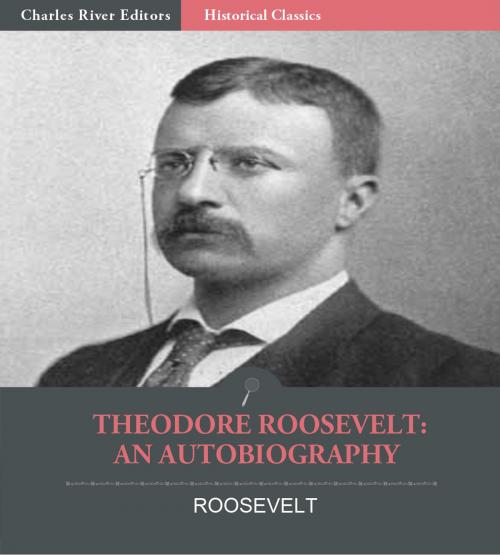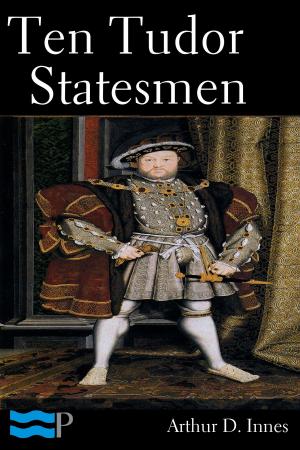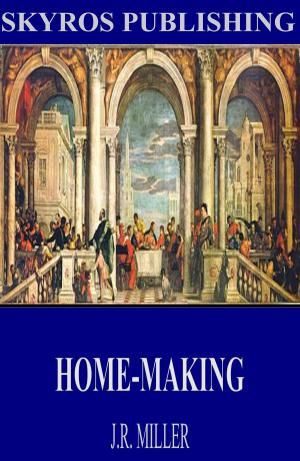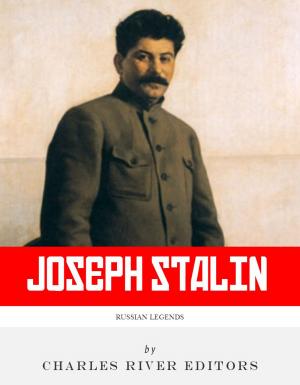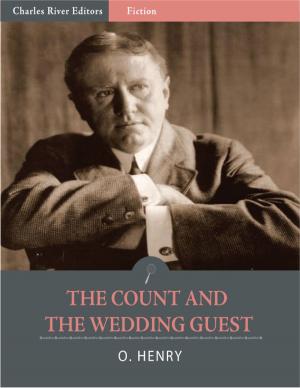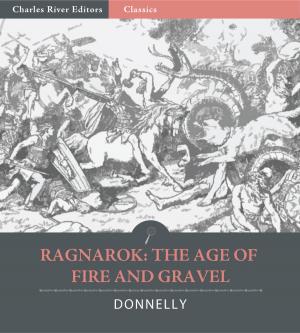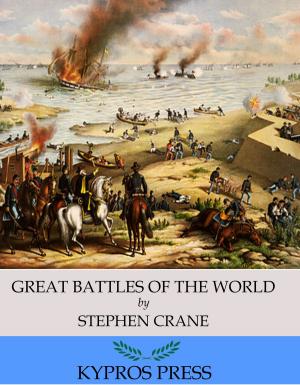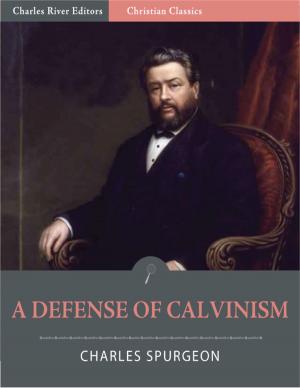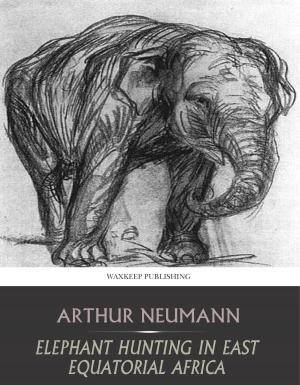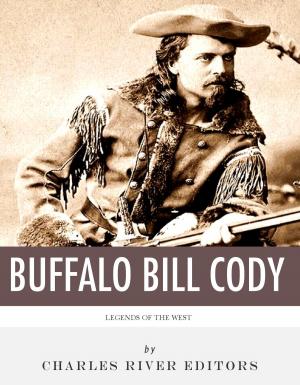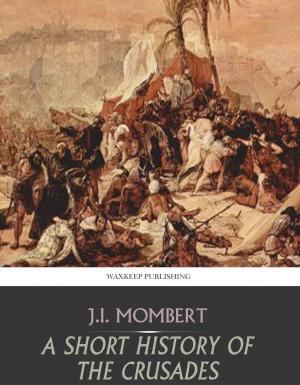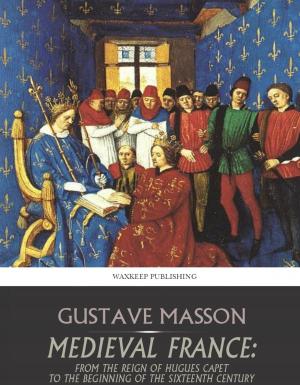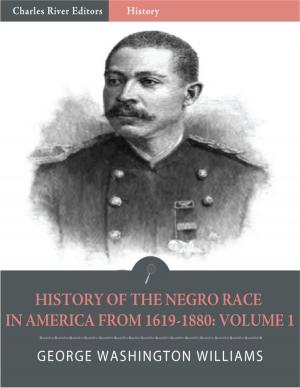Theodore Roosevelt: An Autobiography by Theodore Roosevelt
Nonfiction, History, Americas, United States, 20th Century, Biography & Memoir, Political| Author: | Theodore Roosevelt | ISBN: | 9781475311822 |
| Publisher: | Charles River Editors | Publication: | February 22, 2012 |
| Imprint: | Language: | English |
| Author: | Theodore Roosevelt |
| ISBN: | 9781475311822 |
| Publisher: | Charles River Editors |
| Publication: | February 22, 2012 |
| Imprint: | |
| Language: | English |
For a man who grew up to become the Bull Moose, Teddy Roosevelt was a sickly child, suffering from asthma and other maladies. But his physical weakness actually drove him to be more active, which also fostered an interest in nature. It also helped that Teddys family was wealthy, allowing him privileges including home school and the ability to attend Harvard, where he was an athlete and took an interest in naval affairs. After finishing at Harvard, Teddy entered politics, but it didnt stop him from writing The Naval War of 1812 in 1882, establishing himself as a professional writer and historian. In the 1890s, it was Teddys turn to make history, leading the Rough Riders during the Spanish-American War and being decorated for his service with a Medal of Honor. He parlayed his glory into the governorship of New York and then the Vice Presidency under William McKinley. When McKinley was assassinated in 1901, young Teddy was thrust into the presidency. During a presidency that would earn him a place on Mount Rushmore, Roosevelts Square Deal domestic policies favored average citizens while busting trusts and monopolies. Roosevelt also promoted conservation as an environmental stance, while his speak softly and carry a big stick foreign policy is still an oft used phrase today. Roosevelt even earned a Nobel Prize during his presidency. Roosevelt famously survived an assassination attempt in Milwaukee while running for the Bull Moose Party during the presidential election of 1912, giving a speech with the would be assassins bullet still lodged in him. The event aptly symbolized Teddy as a mans man, even though he lost the election.Roosevelts health declined quickly and he died in 1919, having secured himself as an American icon. Today, Teddy is remembered for being an explorer, hunter, author, soldier, president, and safari adventurer, all of which combine into one unique reputation. And Teddy documented almost all of it with his autobiography, which was published in 1913. Learn about Teddys life straight from the Mooses mouth.
For a man who grew up to become the Bull Moose, Teddy Roosevelt was a sickly child, suffering from asthma and other maladies. But his physical weakness actually drove him to be more active, which also fostered an interest in nature. It also helped that Teddys family was wealthy, allowing him privileges including home school and the ability to attend Harvard, where he was an athlete and took an interest in naval affairs. After finishing at Harvard, Teddy entered politics, but it didnt stop him from writing The Naval War of 1812 in 1882, establishing himself as a professional writer and historian. In the 1890s, it was Teddys turn to make history, leading the Rough Riders during the Spanish-American War and being decorated for his service with a Medal of Honor. He parlayed his glory into the governorship of New York and then the Vice Presidency under William McKinley. When McKinley was assassinated in 1901, young Teddy was thrust into the presidency. During a presidency that would earn him a place on Mount Rushmore, Roosevelts Square Deal domestic policies favored average citizens while busting trusts and monopolies. Roosevelt also promoted conservation as an environmental stance, while his speak softly and carry a big stick foreign policy is still an oft used phrase today. Roosevelt even earned a Nobel Prize during his presidency. Roosevelt famously survived an assassination attempt in Milwaukee while running for the Bull Moose Party during the presidential election of 1912, giving a speech with the would be assassins bullet still lodged in him. The event aptly symbolized Teddy as a mans man, even though he lost the election.Roosevelts health declined quickly and he died in 1919, having secured himself as an American icon. Today, Teddy is remembered for being an explorer, hunter, author, soldier, president, and safari adventurer, all of which combine into one unique reputation. And Teddy documented almost all of it with his autobiography, which was published in 1913. Learn about Teddys life straight from the Mooses mouth.
